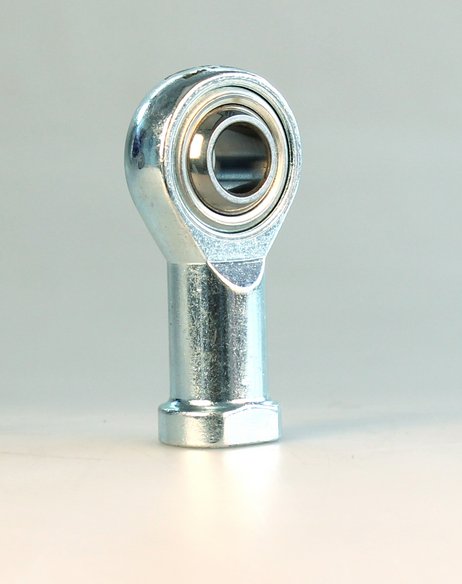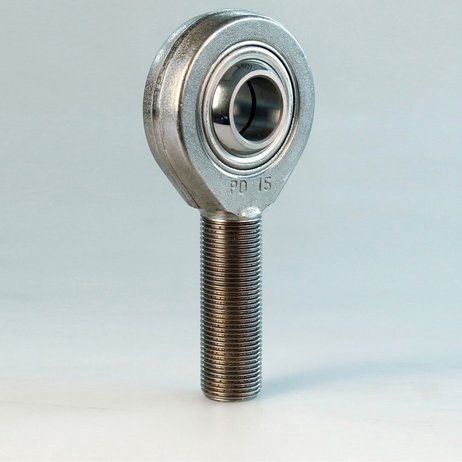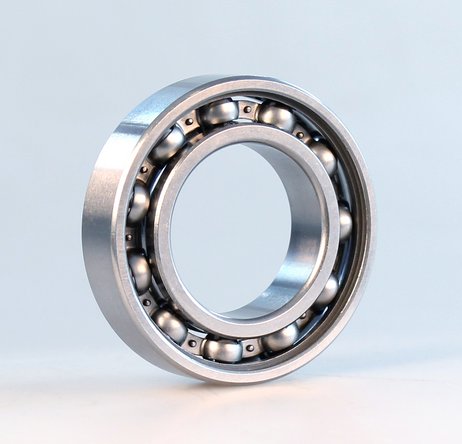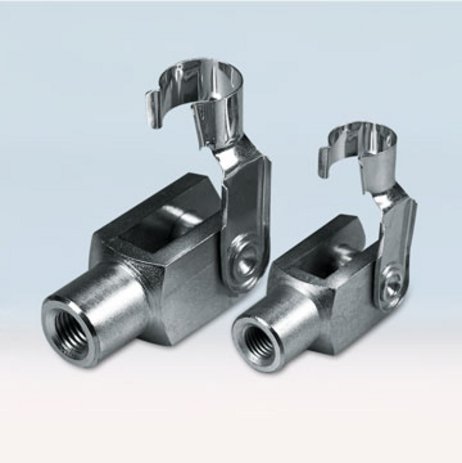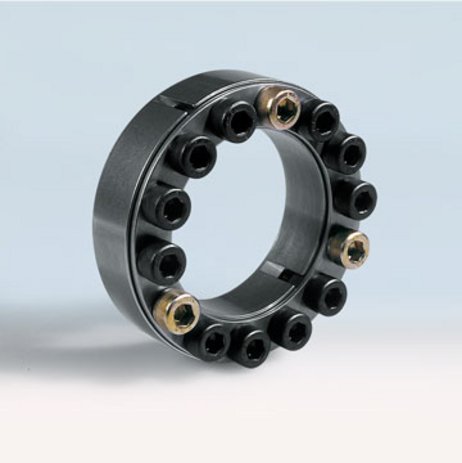ASK – Precision Made in Germany
Manufacturer since 1930
Our Product Portfolio: Precision Meets Innovation
Diverse solutions for every requirement:
Discover the world of ASK Kugellagerfabrik through our extensive product database. Below, we offer you access to thousands of high-quality products precisely tailored to your needs. Browse our selection by size, material, series, and other specific features.
Motorsport and High-Performance Applications:
For motorsport and other high-performance areas, we specifically develop ASKUBAL rod ends and spherical plain bearings. Benefit from our provided CAD data to optimize your designs and planning.
Industrial Applications:
For industrial use, our range includes ASK housing units and a variety of rolling bearings, including the renowned ASKUBAL, ASKUROL, and ASK brands for rod ends and spherical plain bearings with our low-friction PTFE lining technology. Our ASK or McGill cam and roller followers, ASK or ASAHI housing units, precision-engineered steel balls of various materials, diameters, and hardness levels, and robust shaft-hub connections are specially designed to master any challenge in your production.
Ready for the Future:
With our continuously updated and expanded product range, we secure your technological future. Visit our simple product filter and let the quality and diversity of our products convince you.
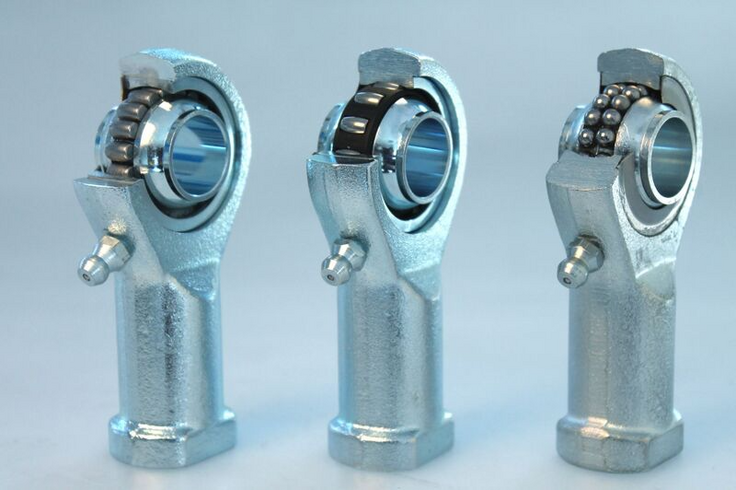
Comprehensive specialist knowledge at the click of a mouse:
In our knowledge base, we provide a comprehensive information center for your design engineers. This is where we share our in-depth knowledge about the design, assembly and properties of our products. Explore detailed information on materials, tolerances and the service life of our precision components.
- Rod ends and Spherical plain bearings: Basics, applications and maintenance
- Rolling bearings (Ball bearings, Tapered roller bearings, Angular contact ball bearings, and more.): All about design, function and applications
- Clevesis and bolts: Design tips and assembly instructions
- Cam followers: Material selection and design condiderations
- Shaft-hub-connections and Steel balls: Precision manufacturing and performance parameters
Stay up to date:
Our database is constantly being expanded and updated to provide you with the latest findings and innovations from the industry. Immerse yourself in the world of low-friction bearing technology and use our knowledge to optimize your projects and applications.

Do you have any questions? We have answers!
ASK products circle the globe.
From automation to mechanical and plant engineering to vehicle construction: our components are crucial to the success of numerous projects. Whether in the city streetcar that takes you to work in the morning or in the ICE train that connects cities - we are part of the journey. Our products even play an important role in the construction of sports equipment or in medical technology, such as patient transportation.
In agriculture, our components guarantee reliability under the toughest conditions. They play a crucial role in modern agricultural technology, from high-performance tractors to automated irrigation systems that enable efficient and environmentally friendly land management. Our durable bearings and connections support the robust and sustainable machinery needed to meet the increasing global demand for food.
In the pneumatics industry, our precise components contribute to the optimization of compressed air systems. From valves and actuators to compressors - ASK products ensure improved energy efficiency and reliability.
But we go even further. Our technologies can also be found in musical instruments that bring concerts to life, in gardening tools that make your work easier, and even in the spray cans you use every day.
Discover how ASK drives innovation and makes the world a better place, day after day.





